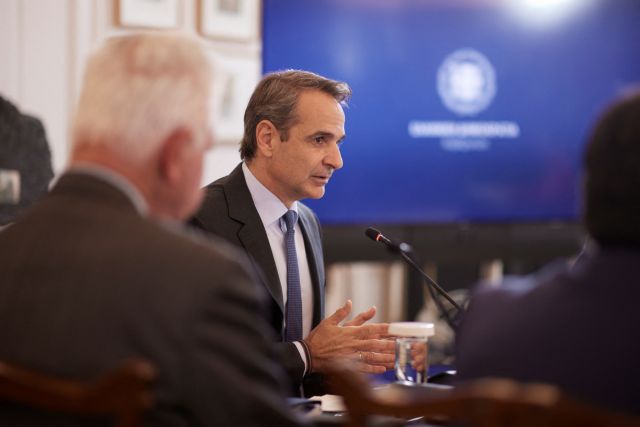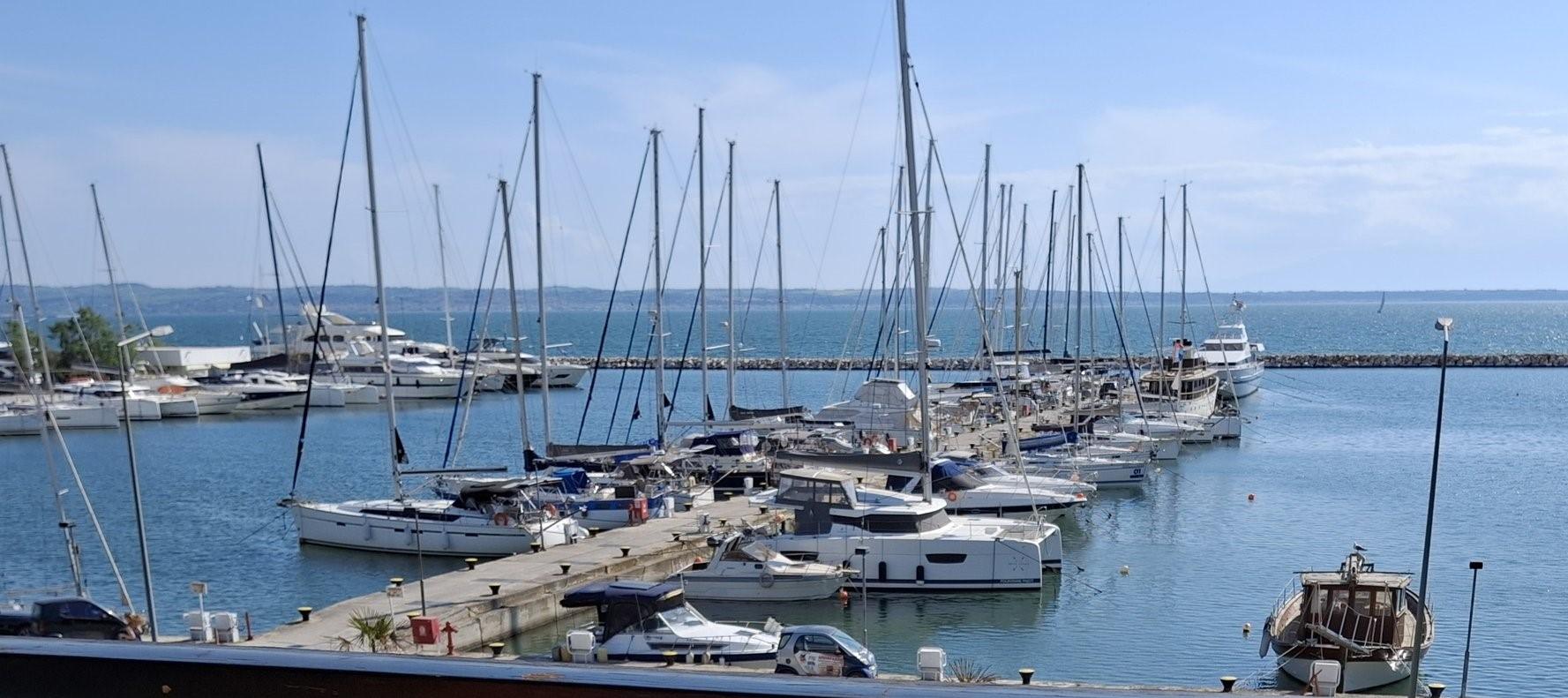Ιn an attempt to organize employment in Greece, the Ministry of Labor is set to introduce significant changes in work and insurance policies in the latter half of the year, encompassing salary adjustments, collective labor agreements, reduced insurance contributions, and a revamped unemployment benefit.
In the upcoming months, the Ministry’s primary focus will be on wage enhancement, a central government commitment, and further reducing unemployment, which stubbornly remains above 10%. Pending measures forming the backbone of a new social insurance bill are also slated for submission to the Greek Parliament in fall 2024.
A key government objective is to elevate the average wage to 1,500 euros by 2027. However, many believe this goal is unattainable without reinstating collective labor agreements.
Additionally, by October, the Ministry must incorporate the European directive on adequate minimum wages into Greek law. This directive requires member states to ensure at least 80% of their workforce is covered by collective agreements determining wage levels. Currently, less than 30% of Greek workers benefit from such agreements.
Employment in Greece presents an ongoing challenge, as unemployment is at 10.6% as of May, the task ahead is to decrease unemployment below 10% by fostering stable, quality job positions, crucial for maintaining triennial bonuses on minimum wages.
Changes to the unemployment benefit are also on the horizon, with plans to redesign its calculation method and extend its duration. Sources indicate the new benefit will be directly tied to the recipient’s salary and their employment and insurance history, potentially reaching up to 70% of the average monthly earnings over the past three years.
Additionally, the government has announced a reduction in employer contributions by one percentage point, to be implemented in two phases: the first by 0.5 points in 2025, and the remaining decrease by the end of 2027.







































